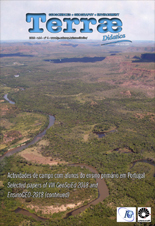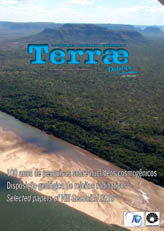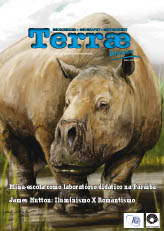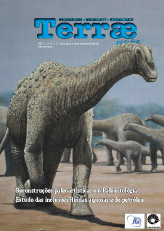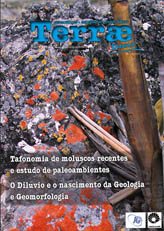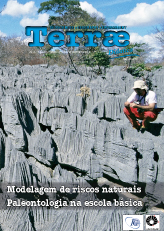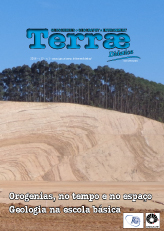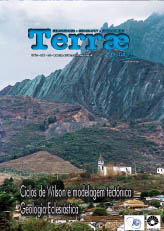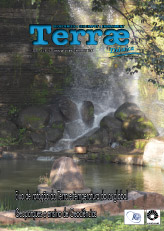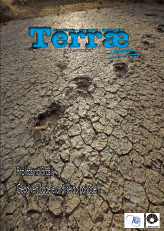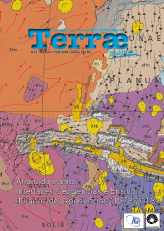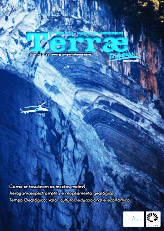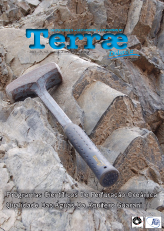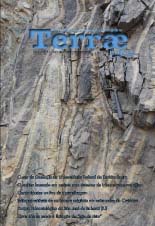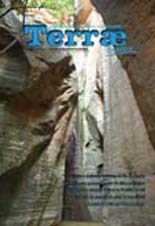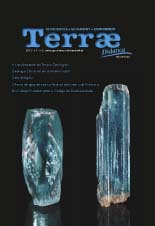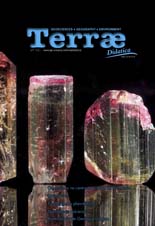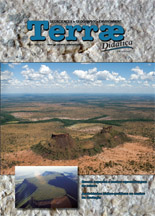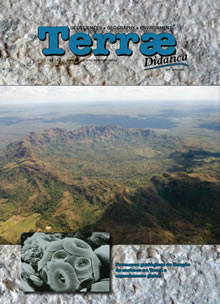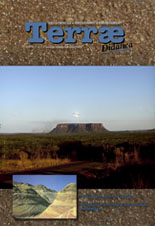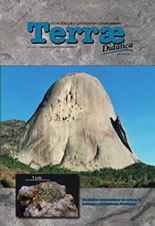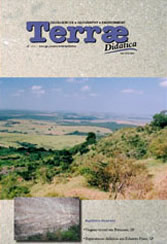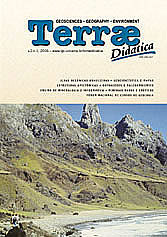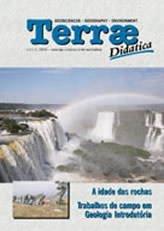Campinas-Brasil
ISSN 1980-4407

 ___________________
___________________ __
__
Volume 14, n2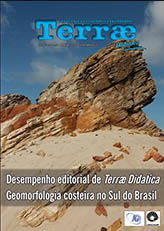
Volume 14, n1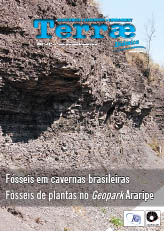
Volume 12, n3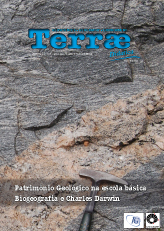
Volume 10, n2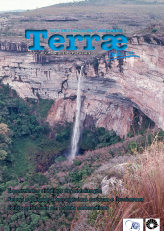
Volume 8, n2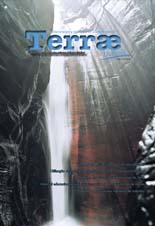
Experimentação Investigativa e Ilustrativa: um estudo sobre a efetividade no ensino de Geociências
Pedro Leverger Costa
Faculdade UNB de Planaltina, Área Universitária 01, Vila Nossa Senhora de Fátima, Planaltina, DF.
Evelyn Aparecida Mecenero Sanchez
Faculdade UnB de Planaltina, Universidade de Brasília & Instituto de Ciência e Tecnologia, Universidade Federal dos Vales do Jequitinhonha e Mucuri, Rodovia MGT-367, km 583, n.5000, Alto da Jacuba, Diamantina, MG.
Abstract: The importance of classes involving different activities in order to fill the gaps left by traditional classes is increasingly recognized. An alternative to the traditional methods is the use of experiments, which, among various pragmatic classifications, can be divided into investigative experiments, in which the activity is developed prior to the theoretical content; and illustrative experiments, which are held after the theoretical content, seeking to prove some studied phenomenon. In the context of Geosciences, classes may include topics common to everyday aspects, but not always easy to be perceived, as well as abstract subjects, due to their spatial and/or time scale, and in this sense, experiments become excellent teaching tools. In the present study the effectiveness of illustrative and investigative experiments against a daily theme (erosion) and other abstract (embossing) were analyzed. The study showed that an illustrative experiment, inserted after the theory, was more effective both when it came to abstract, as when the subject was routine, while investigative experiment was more effective at keeping students' attention and discussions about theories, regardeless of whether it was more familiar or an abstract theme.
Keywords: Experimentation, practical classes, teaching strategies, abstract subjects, familiar subjects.
Resumo:Resumo: A importância de aulas envolvendo diferentes atividades a fim de suprir as lacunas deixadas pelas aulas tradicionais é altamente reconhecida. Uma saída para o método tradicional de ensino é o uso de experimentações, as quais, dentre as várias classificações pragmáticas, podem ser divididas em experimentações investigativas, nas quais o experimento é realizado anteriormente ao conteúdo teórico, e experimentações ilustrativas, tendo os experimentos realizados após o conteúdo teórico, objetivando provar algum fenômeno estudado. No âmbito das Geociências, são trabalhados desde tópicos relacionados a temas comuns ao cotidiano, mas nem sempre fáceis de serem percebidos, bem como temas abstratos por sua escala espacial e/ou temporal e, neste sentido, as experimentações tornam-se excelentes ferramentas de ensino. No presente trabalho analisou-se a efetividade dos experimentos ilustrativos e investigativos frente a um tema cotidiano (erosão) e outro abstrato (formação de relevo). O estudo demonstrou que a experimentação ilustrativa, trabalhada após a teoria, teve maior efetividade tanto quando o assunto era abstrato, como quando o tema era cotidiano, ao passo que a experimentação investigativa foi mais eficaz em manter a atenção dos alunos e discussões sobre teorias, independente se o assunto fosse mais familiar, quanto abstrato.
Palavras-Chave: Experimentação, aulas práticas, estratégias de ensino, temas abstratos, cotidiano.
DOI: http://dx.doi.org/10.20396/td.v12i3.8647899
Copyright © 2005-2007 - Instituto de Geociências - Universidade Estadual de Campinas - UNICAMP - Brasil - Todos os direitos reservados -
Desenvolvimento: ![]()
